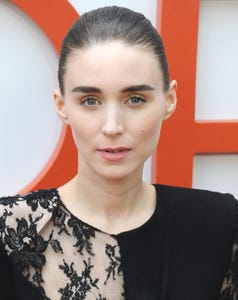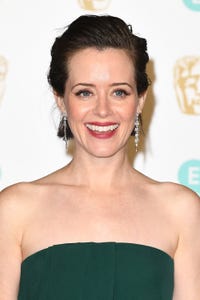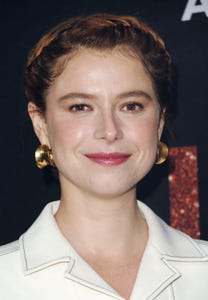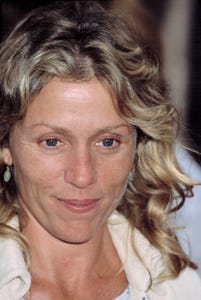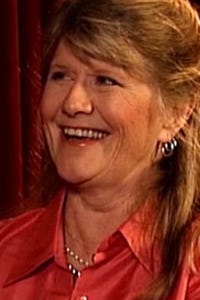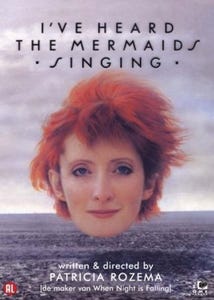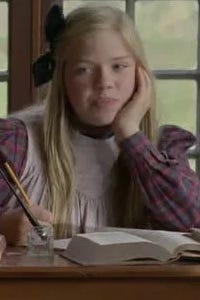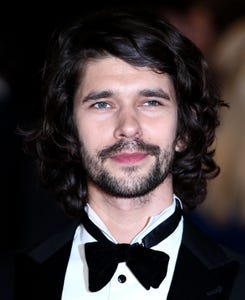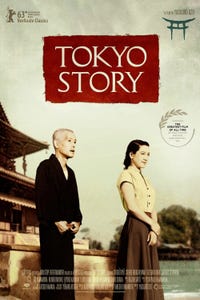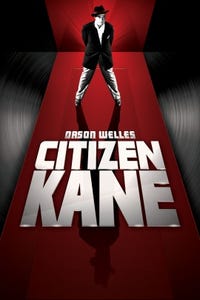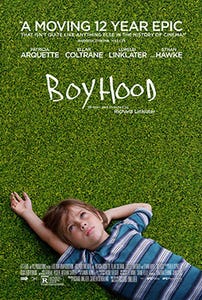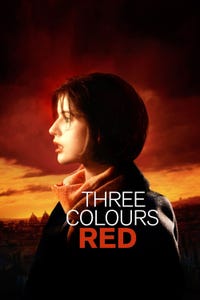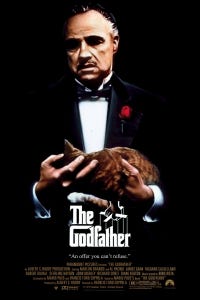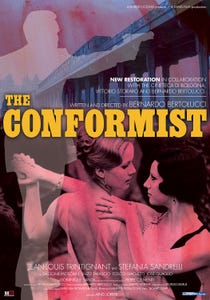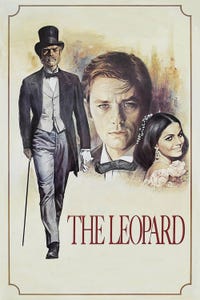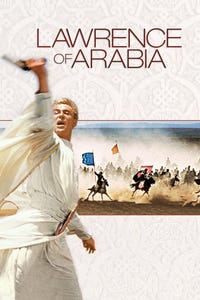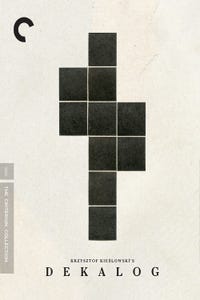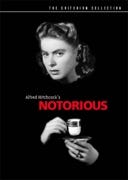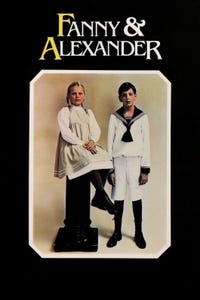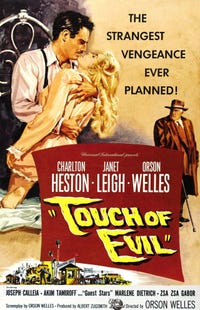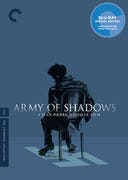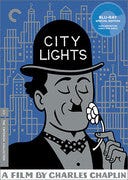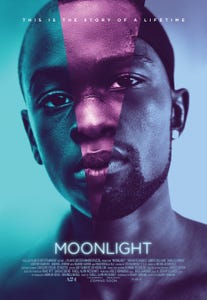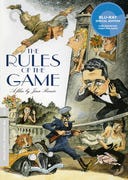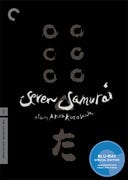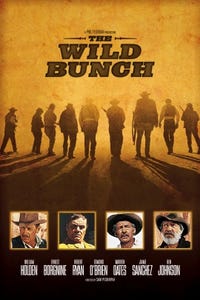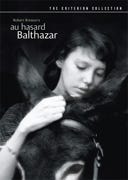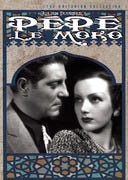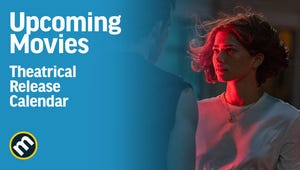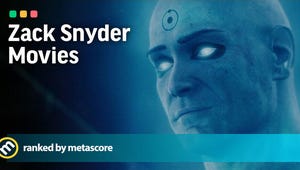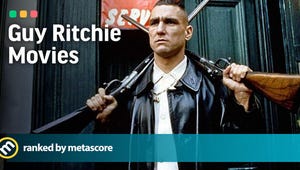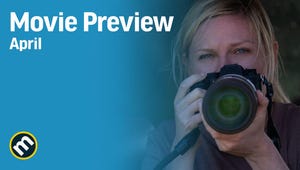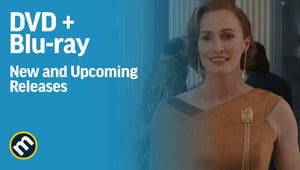X
- 2022
- PG-13
- United Artists Releasing
- 1 h 44 m
- 2022
- PG-13
- United Artists Releasing
- 1 h 44 m
Summary In 2010, the women of an isolated religious community grapple with reconciling their reality with their faith. Based on the novel by Miriam Toews.
Directed By: Sarah Polley
Written By: Miriam Toews, Sarah Polley
- 2022
- PG-13
- United Artists Releasing
- 1 h 44 m
- 2022
- PG-13
- United Artists Releasing
- 1 h 44 m
Women Talking
77
6.2
Where to Watch
Summary In 2010, the women of an isolated religious community grapple with reconciling their reality with their faith. Based on the novel by Miriam Toews.
Directed By: Sarah Polley
Written By: Miriam Toews, Sarah Polley
Where to Watch
Top Cast
Metascore
Generally Favorable
Based on 47 Critic Reviews
77
74% Positive
35 Reviews
35 Reviews
23% Mixed
11 Reviews
11 Reviews
2% Negative
1 Review
1 Review
Metascore
Generally Favorable
Based on 47 Critic Reviews
77
74% Positive
35 Reviews
35 Reviews
23% Mixed
11 Reviews
11 Reviews
2% Negative
1 Review
1 Review
Even if Sarah Polley’s superlative work doesn’t get the plaudits or the audience it deserves, it should stand to have a far greater legacy. This is the kind of cinema that endures – not just as a great work of art (although it is that), but as something that moves us all forward.
What Polley achieves here is an artful, incisive distillation of Toews’ arguments, effectively if somewhat visibly engineered for clarity and brevity.
User Score
Generally Favorable
Based on 102 User Ratings
6.2
61% Positive
62 Ratings
62 Ratings
20% Mixed
20 Ratings
20 Ratings
20% Negative
20 Ratings
20 Ratings
User Score
Generally Favorable
Based on 102 User Ratings
6.2
61% Positive
62 Ratings
62 Ratings
20% Mixed
20 Ratings
20 Ratings
20% Negative
20 Ratings
20 Ratings
Polley has taken a pointed, of-its-moment novel and turned it into an indictment and a plea for civil discourse in a call-to-arms moment.
Despite the specificity of the setting and the performances, there is a universality to the story.
The exceptional, often overwhelming power of the script that Polley wrote, based on Miriam Toews’s novel, is, if not undercut, not amplified by the filming.
Polley attempts to tackle the issue from multiple angles – how male toxicity is passed down to helpless youth by their elders, for example – but ends up running in circles.
Women Talking has a remarkable cast — Rooney Mara, Jessie Buckley, Claire Foy, among others — and it’s grounded in dramatic real-life events. But it’s mannered in its conception and wooden in its execution, and has little to do with living, breathing people.
THE GOOD: Sarah Polley's determined and poethic directing, amazing performances by Buckley, Wishaw, Mara and Foy and some great dialogue. I cannot comprehend how this missed a nomination for Best Score. If this doesn't win Adapted Screenplay, I will riot.
THE BAD: I'm not totally into the desaturation of the color pallette.
Fully fleshed characters expertly acted and portrayed in an dire and impossible situation.
The title pretty much sums it up. A group of women in an isolated religious colony (similar to the Mennonites) address sexual assaults from their men. Writer/director Sarah Polley has assembled a top shelf cast, including Rooney Mara, Claire Foy, Jessie Buckley, Judith Ivey and France McDormand. They bring power to the characters with their dramatic monologues and continuous debate. As the only man in the cast, Ben Wishaw creates some moving moments. Polley's direction is quietly cinematic with flourishes that add depth and texture (and a de-saturated look that renders it almost monochromatic). Even with their personal stories, there's not much dramatic impact to this extended deliberation. It's more about the arguments and performances than creating an effective emotional experience.
(Mauro Lanari)
Feminist consciousness-raising group in a barn. In 2010 they are not fighting patriarchy but a masculinity that is more toxic than ever: slaves of narcotizers, rapists, aggressors who forbid them the right to vote and education. While in the West family law has admitted certain victimistic excesses and is rebalancing, Towes, Polley and McDormand (here also producer with Pitt) can either speak of the Canadian writer's personal experience or of the Taliban regime or of a colony bigots in Bolivia, instead they criminalize the entire male universe (August, the only actor in the feature length, is played by the **** Ben Whishaw). The movie is so biased that it makes the illiterate protagonists of the highest systems dialogue. More indisposing than provocative, it has been compared to "Dogville" (2003) where, on the contrary, Trier knew how to deal with much more universal issues than #metoo. Losing all sense of proportion, this cinema condemns itself to ridicule: at the end of 2022, the ten-year poll by "Sight and Sound" elected for the first time as the best film in history "Jeanne Dielman, 23, quai du Commerce, 1080 Brussels" (Chantal Akerman 1975), and there was no lack of harsh criticism.
Production Company
Hear/Say Productions,
Plan B Entertainment
Release Date Dec 23, 2022
Duration 1 h 44 m
Rating PG-13
Genres
Tagline Do Nothing. Stay And Fight. Leave.
Awards
Academy Awards, USA
• 1 Win & 2 Nominations
Golden Globes, USA
• 2 Nominations
Alliance of Women Film Journalists
• 4 Wins & 9 Nominations
